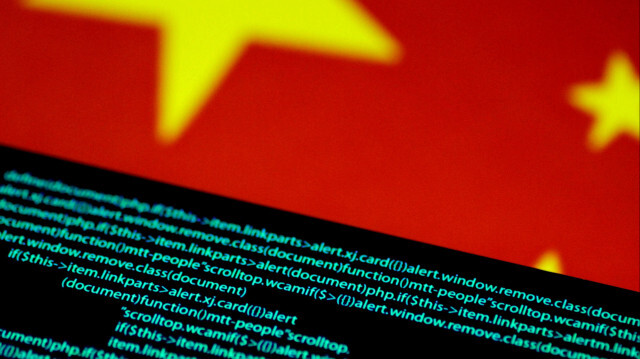Massive Chinese Cyber Espionage Allegations Surface
Australia and its allies jointly accuse Chinese spy agency of large-scale cyber espionage targeting government and business networks, intensifying global cybersecurity concerns.
Published July 10, 2024 - 00:07am

Image recovered from yenisafak.com
Australia, along with a coalition of international allies including the United States, the United Kingdom, Japan, and several others, has levied serious accusations against the Chinese spy agency, citing large-scale cyber espionage activities. The Australian Cyber Security Centre (ACSC) identified the hacking group as APT40, linking it to China's Ministry of State Security. The allegations point to sustained efforts to compromise government and business networks, stealing numerous usernames and passwords.
The joint advisory issued by the Australian Signals Directorate's ACSC detailed the frequent reconnaissance efforts by APT40, targeting various networks within Australia and the broader region. According to the ACSC, the threat from APT40 is persistent, affecting both public and private sector networks. Parallel accusations from the US, UK, Japan, Canada, Germany, New Zealand, and South Korea highlight a widespread concern over China's alleged cyber operations.
In March, the United States and the United Kingdom accused China of state-sponsored cyberattacks, claims that Beijing has vehemently denied. The Chinese government argued that it too falls victim to cyberattacks and accused the US of smearing and vilifying China. A Chinese Foreign Ministry spokesman called on Washington to act responsibly and contribute to global cybersecurity.
The latest report from Australia describes the malicious activities carried out by APT40 in 2022. The hackers were said to have stolen passwords and usernames from two unspecified Australian networks. Despite the efforts to rebuild diplomatic ties between Australia and China, cybersecurity remains a contentious issue, exacerbated by these recent allegations.
APT40 is known for its sophisticated techniques, commonly associated with other state-sponsored cyber threat groups. These techniques include rapid adaptation to exploit new vulnerabilities and sustained persistence within compromised networks. The group is reported to focus on exploiting public-facing infrastructure vulnerabilities rather than relying on phishing campaigns, making their methods harder to counter.
The collaborative report by Australian and international cybersecurity agencies is aimed at providing detailed insights into APT40's strategies. It includes case studies that highlight their methods, intended to assist cybersecurity professionals in identifying and mitigating similar threats in the future. These case studies emphasize the importance of acquiring valid credentials to facilitate further infiltrative actions, a hallmark of APT40's strategy.
The Australian government has expressed its commitment to defending its networks against such intrusions. Defence Minister Richard Marles stated that this is the first time Australia has led such a major cyber attribution effort. This initiative is part of a broader strategy to fortify Australia's cybersecurity defenses against persistent and evolving threats.
Additionally, the report highlights how APT40 prefers using web shells to maintain persistence in compromised systems. This early-stage persistence is crucial for the group's operations and increases the likelihood of detection, a strategy observed in many of their intrusions.
Despite ongoing efforts to normalize relations, the cybersecurity skirmishes between Australia and China signify underlying tensions. Australia's call for an investigation into the origins of COVID-19 in 2020 had previously strained relations, resulting in then-imposed tariffs by Beijing. While some tariffs have since been lifted, cybersecurity remains a highly sensitive arena.
The findings of the ACSC and its allies portray a clear and present danger posed by APT40. As the digital landscape continues to evolve, the importance of international cooperation in cybersecurity cannot be overstated. With global economies and governance increasingly reliant on digital infrastructure, securing these systems from state-sponsored threats like APT40 is paramount for international peace and stability.







